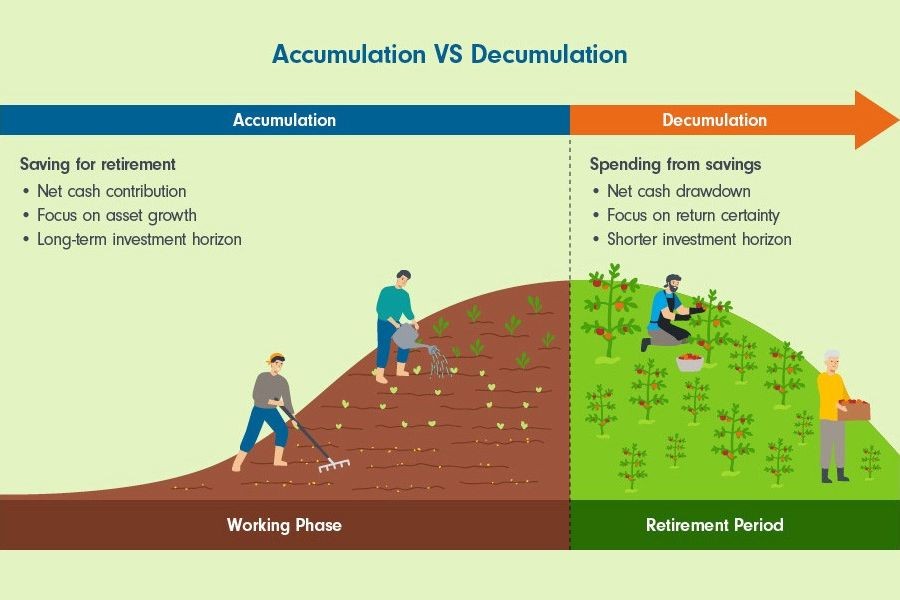New Zealand's property ownership journey is a rich tapestry woven from the threads of colonization, economic shifts, and evolving societal values. As healthcare consultants, understanding this history is crucial not only for grasping the socio-economic backdrop of Kiwi communities but also for anticipating how property trends impact healthcare infrastructure and service delivery. This article delves into the intricate history of property ownership in New Zealand, spotlighting key phases from colonization to contemporary trends, and examines its implications for the healthcare sector and beyond.
The Dawn of Property Ownership: Colonization and Its Impact
The history of property ownership in New Zealand begins with the arrival of European settlers in the early 19th century. The Treaty of Waitangi, signed in 1840, was a pivotal moment, establishing British sovereignty while ostensibly guaranteeing Māori rights to their lands. However, the subsequent confiscation of vast tracts of Māori land, often under dubious circumstances, laid the groundwork for ongoing disputes and legal battles, many of which resonate today.
For healthcare consultants, the legacy of land alienation underscores the need for culturally sensitive healthcare approaches and acknowledges the socio-economic disparities that stem from historical injustices. The land loss experienced by Māori has had far-reaching effects, contributing to disparities in health outcomes that persist across generations.
Industrialization and Urbanization: Shaping Modern New Zealand
The late 19th and early 20th centuries saw New Zealand's transition from a predominantly agrarian society to an industrialized nation. This shift was marked by urbanization, with cities expanding and new suburbs emerging to accommodate a growing population. The demand for housing skyrocketed, leading to the establishment of state housing initiatives in the mid-20th century, which aimed to address housing shortages and improve living conditions.
Healthcare consultants need to consider how urban planning and housing availability influence public health. Overcrowding and substandard housing conditions can exacerbate health issues, highlighting the importance of integrating health considerations into urban development plans. By advocating for healthier living environments, consultants can play a crucial role in promoting community well-being.
Case Study: State Housing in New Zealand
Problem: During the Great Depression, many New Zealanders faced housing shortages and poor living conditions.
Action: The government launched a state housing program in the 1930s, building affordable homes for low-income families.
Result: By 1949, approximately 30,000 state houses had been constructed, significantly reducing homelessness and improving living standards.
Takeaway: This initiative illustrates the impact of government intervention in addressing housing crises. Healthcare consultants should advocate for policies that ensure adequate, affordable housing to support public health.
Property Boom and Economic Shifts: The Late 20th Century
The economic reforms of the 1980s, known as "Rogernomics," radically transformed New Zealand's economic landscape. Deregulation and liberalization policies led to significant changes in property ownership patterns, with a surge in private homeownership. This period also saw the rise of property as an investment vehicle, contributing to a real estate boom that has continued into the 21st century.
Healthcare consultants should note the correlation between housing affordability and health outcomes. As property prices soar, affordability becomes a pressing issue, potentially leading to increased stress and health problems among lower-income families. Addressing these challenges requires a holistic approach that considers housing as a determinant of health.
Data Insight: Property Prices in New Zealand
According to Stats NZ, the median house price in New Zealand increased by 27% from 2020 to 2023. This surge has intensified affordability concerns, with many families struggling to achieve homeownership. Such economic pressures can lead to adverse health outcomes, emphasizing the need for integrated policy responses that address both housing and health.
Contemporary Trends and Future Outlook
Today, New Zealand's property market is influenced by global trends such as sustainable development and technological innovation. Green building practices and smart home technologies are gaining traction, reflecting a broader shift towards environmentally conscious living. These trends present opportunities for healthcare consultants to advocate for healthier, more sustainable living environments.
Looking ahead, the intersection of property ownership and healthcare will continue to evolve. The integration of technology in homes, such as telehealth capabilities, can enhance healthcare delivery, particularly in remote areas. As New Zealand grapples with housing affordability and sustainability challenges, proactive policies and innovative solutions will be essential in shaping a healthier future for all Kiwis.
Pros vs. Cons Analysis
Pros:
- Higher ROI: Property investments have historically provided strong returns, with a 30% increase in values since 2020.
- Sustainability: Green building practices reduce environmental impact and enhance residents' well-being.
- Technological Integration: Smart homes can improve healthcare delivery through telehealth services.
Cons:
- Affordability Issues: Rising property prices exacerbate socio-economic disparities.
- Regulatory Challenges: Navigating complex zoning laws can be daunting for investors.
- Environmental Concerns: Urban sprawl and land use changes impact biodiversity and ecosystems.
Future Trends & Predictions
By 2030, New Zealand is expected to see a significant shift towards sustainable, technology-enabled housing solutions. According to a 2023 report by the Ministry of Business, Innovation, and Employment (MBIE), 50% of new homes will incorporate smart technologies and eco-friendly designs. This transition offers healthcare consultants new opportunities to advocate for environments that support both health and sustainability.
Conclusion
Understanding the history of property ownership in New Zealand is essential for healthcare consultants seeking to navigate the complex interplay between housing and health. From the injustices of colonization to the challenges of modern urbanization and sustainability, each phase of this history offers valuable lessons. As healthcare professionals, advocating for policies that address housing affordability and promote healthy living environments is crucial for fostering community well-being.
Are you ready to make a difference? Start by engaging with policymakers and urban planners to support initiatives that prioritize health in housing. Together, we can build a healthier, more equitable future for all New Zealanders.
People Also Ask (FAQ)
- How does property ownership impact healthcare in New Zealand? Property ownership influences housing affordability, which is linked to health outcomes. Affordable housing can reduce stress and improve overall well-being.
- What are the biggest misconceptions about property ownership in New Zealand? One common myth is that property prices will always rise. However, market fluctuations and economic conditions can lead to price declines.
- What are the best strategies for sustainable property development? Experts recommend integrating smart technologies and eco-friendly designs to enhance sustainability and support healthier living environments.
Related Search Queries
- History of property ownership in New Zealand
- New Zealand housing market trends
- Impact of colonization on New Zealand property
- Sustainable housing solutions in New Zealand
- Urbanization and health in New Zealand






























BLEP Pet Care
1 month ago